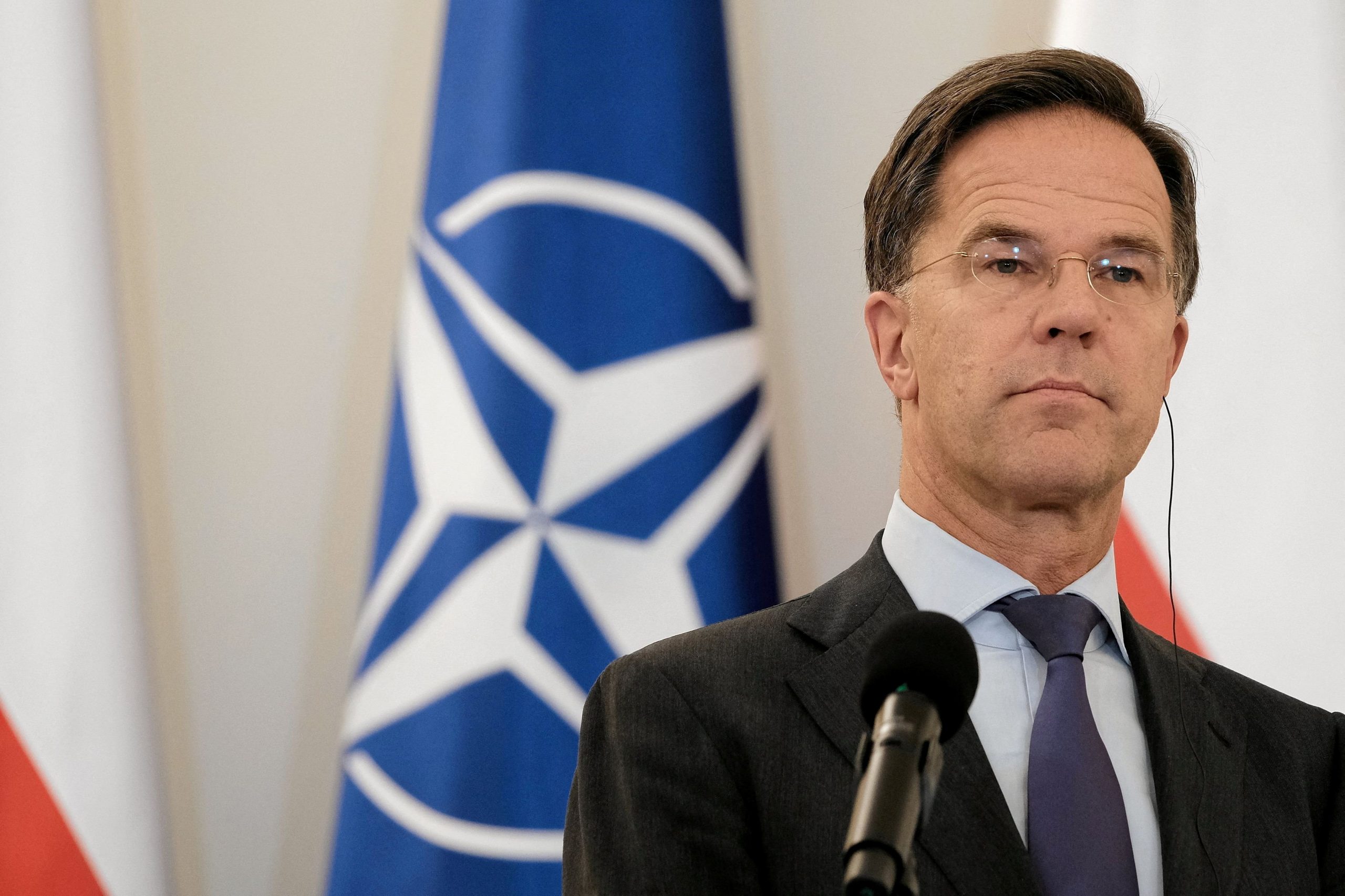NATO commits to stability in Kosovo during parliamentary elections

Speaking at the European Parliament on Monday, NATO’s new Secretary-General Mark Rutte voiced concerns ‘especially about the situation in Bosnia and Herzegovina, but also the relations between Serbia and Kosovo’. He added that the alliance will not allow any security vacuum to exist. “However, we are in contact with Kosovo, but also with Serbia, to ensure that the elections that will take place later in Kosovo in February do not lead to destabilization. This is key. In the Western Balkans region we really need to remain closely engaged because it is a key neighborhood for us,” Rutte said.
Why is it important: Kosovo’s parliamentary elections on February 9th come amid heightened tensions in the country’s northern region predominantly inhabited by a Serb majority, which have persisted for the past two years.
The elections are also being held against the backdrop of a challenging security environment in Europe, characterized by what Rutte described as a “destabilization campaign” orchestrated by the Kremlin.
The context: The election campaign in Kosovo has been marked by sharp rhetoric, with opposition parties focusing on issues like the rule of law and corruption, while Prime Minister Albin Kurti has accused them of being lenient toward Serbia. On Monday, Kurti shared a photo featuring the flag of Greater Albania during a campaign event in Mitrovica.
NATO maintains a military presence in Kosovo through its KFOR peacekeeping mission. Amid previous tensions in the north, the alliance has consistently emphasized its readiness to intervene if necessary.
In his first address to the European Parliament as NATO Secretary-General, Mark Rutte highlighted the importance of strengthening ties between NATO and the EU to counteract a “destabilization campaign” led by the Kremlin.
“We are safe now, but not in four or five years,” Rutte warned, adding that without increased defense spending, Europeans should “get out your Russian language courses or go to New Zealand.”
“I’m deeply concerned about the security situation in Europe,” he said. “We are not at war, but we are not at peace either … That means we need to invest more in defense and produce more capabilities. This cannot wait. We need to boost the resilience of our societies and critical infrastructure.”


